 "Christians have celebrated the incarnation and nativity of the Lord Jesus on December 25 since at least the early part of the third century--just a few generations removed the days of the Apostles. By 336, when the Philocalian Calendar--one of the first calendars of the Patriarchal church--was first utilized, Christmas Day was already a venerable and tenured tradition. Though there is no historical evidence that Christ was actually born on that day--indeed, whatever evidence there is points to altogether different occasions--the conversion of the old Pagan tribes of Europe left a gaping void where the ancient cult festivals were once held. It was both culturally convenient and evangelically expedient to exchange the one for the other. And so joy replace desperation. Celebration replaced propitiation. Christmas feasts replaced new moon sacrifices. Christ replaced Baal, Moloch, Apollo and Thor. Glad tidings of great joy, indeed."
"Christians have celebrated the incarnation and nativity of the Lord Jesus on December 25 since at least the early part of the third century--just a few generations removed the days of the Apostles. By 336, when the Philocalian Calendar--one of the first calendars of the Patriarchal church--was first utilized, Christmas Day was already a venerable and tenured tradition. Though there is no historical evidence that Christ was actually born on that day--indeed, whatever evidence there is points to altogether different occasions--the conversion of the old Pagan tribes of Europe left a gaping void where the ancient cult festivals were once held. It was both culturally convenient and evangelically expedient to exchange the one for the other. And so joy replace desperation. Celebration replaced propitiation. Christmas feasts replaced new moon sacrifices. Christ replaced Baal, Moloch, Apollo and Thor. Glad tidings of great joy, indeed." The twenty-fifth of December as just another day, and is of no religious significance. There is nothing “holy” about it, and it despite the efforts of the Fathers to calculate the right date, probably was not the day Jesus was actually born. However If the angels of heaven could publicly proclaim His birth, what possible problem can there be for us to likewise commemorate that wondrous event? How can it be wrong to sing those wonderful, postmillennial hymns which celebrate the birth of Christ during the month of December? And since the incarnation is so central to human history, then where is the problem with preaching a special series of sermons exploring the implications of the advent of the Lord Jesus?" Continue reading
The twenty-fifth of December as just another day, and is of no religious significance. There is nothing “holy” about it, and it despite the efforts of the Fathers to calculate the right date, probably was not the day Jesus was actually born. However If the angels of heaven could publicly proclaim His birth, what possible problem can there be for us to likewise commemorate that wondrous event? How can it be wrong to sing those wonderful, postmillennial hymns which celebrate the birth of Christ during the month of December? And since the incarnation is so central to human history, then where is the problem with preaching a special series of sermons exploring the implications of the advent of the Lord Jesus?" Continue reading "During the early missionary movement in Europe after the fall of Rome, tribe after tribe were converted to Christianity, the winter cult festivals were gone—leaving a gaping void—and as a result of following Christ their cultures were radically changed, instead of sin, bondage, a culture of death and human sacrifice, there was liberty in His law, freedom in Christ, a culture of life, and the worship of the one true and living God." Continue reading
"During the early missionary movement in Europe after the fall of Rome, tribe after tribe were converted to Christianity, the winter cult festivals were gone—leaving a gaping void—and as a result of following Christ their cultures were radically changed, instead of sin, bondage, a culture of death and human sacrifice, there was liberty in His law, freedom in Christ, a culture of life, and the worship of the one true and living God." Continue readingPeter B's Christmas Poems:
The Fire of Christmas

also
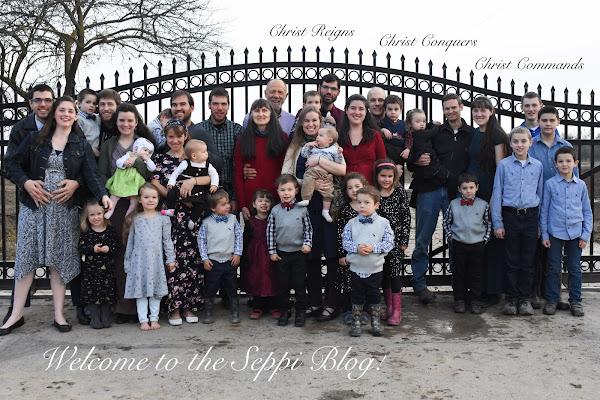
















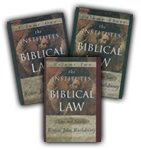






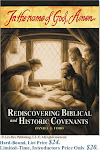



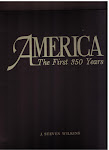
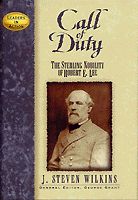
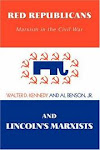








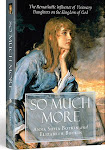


















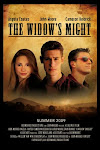



No comments:
Post a Comment